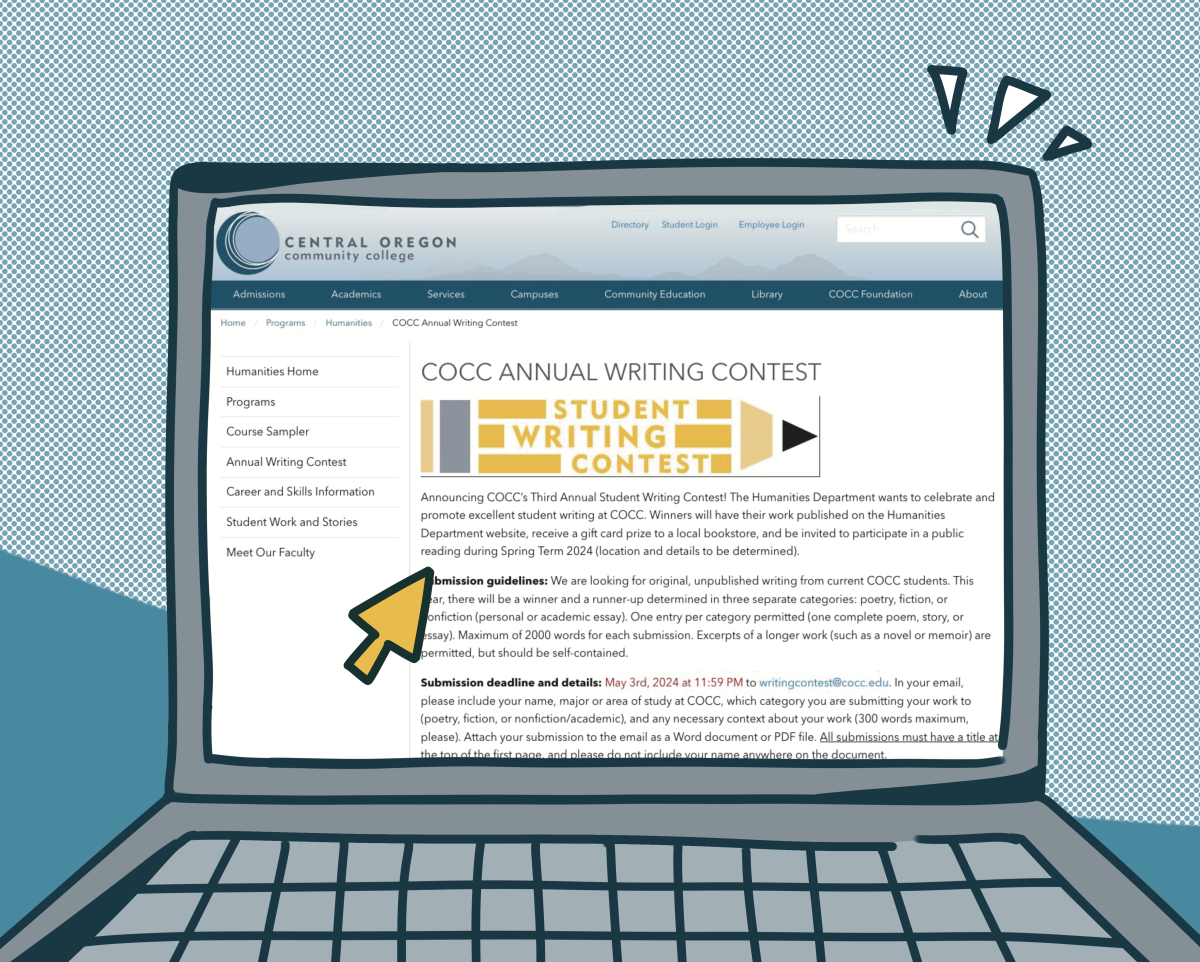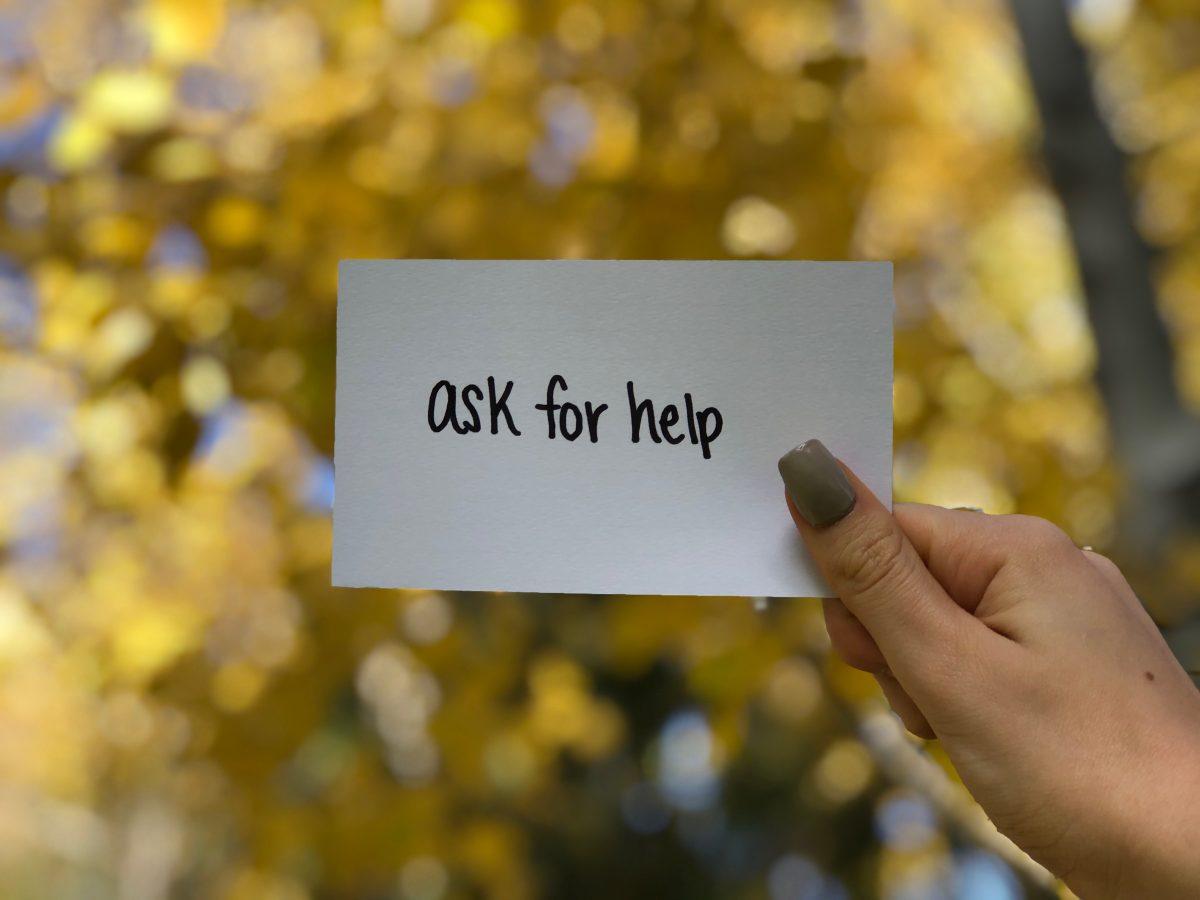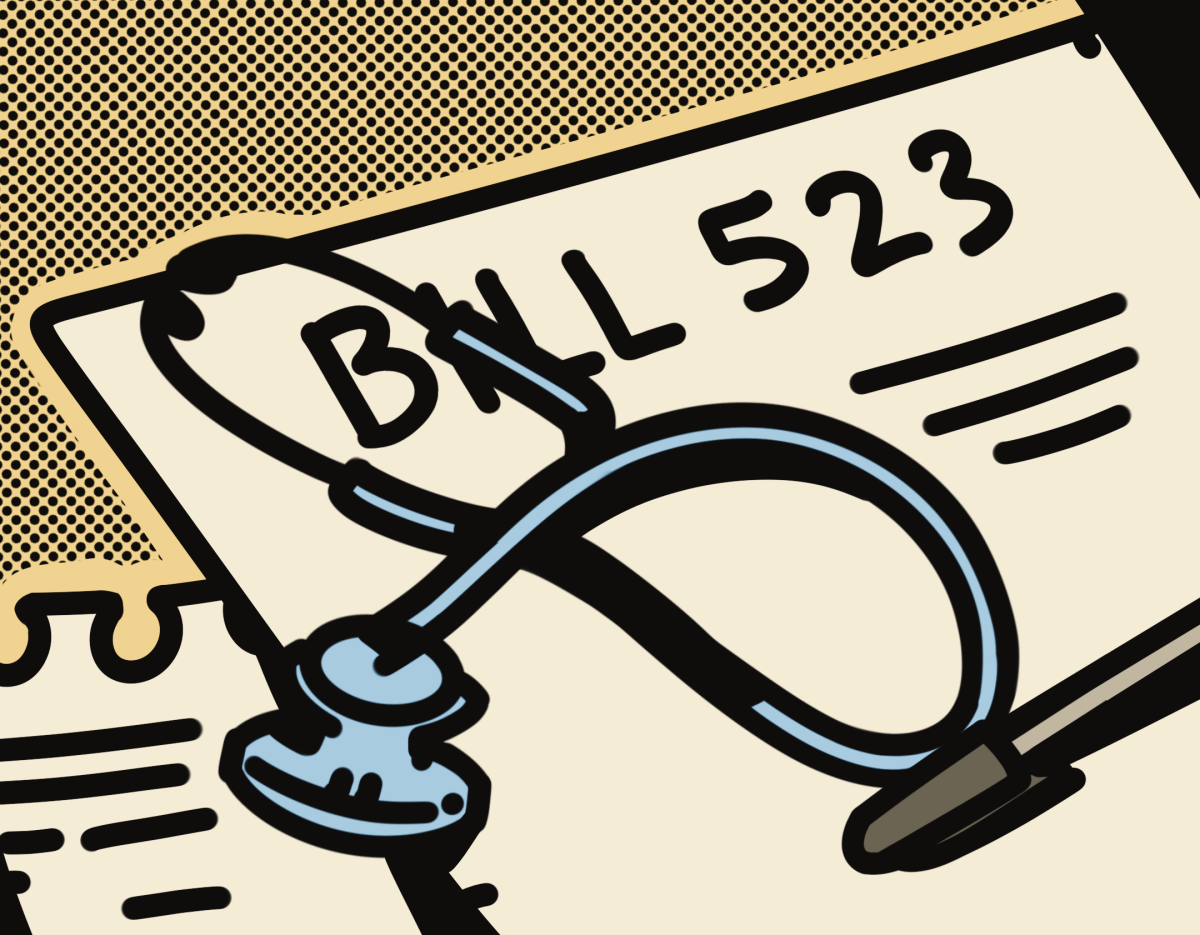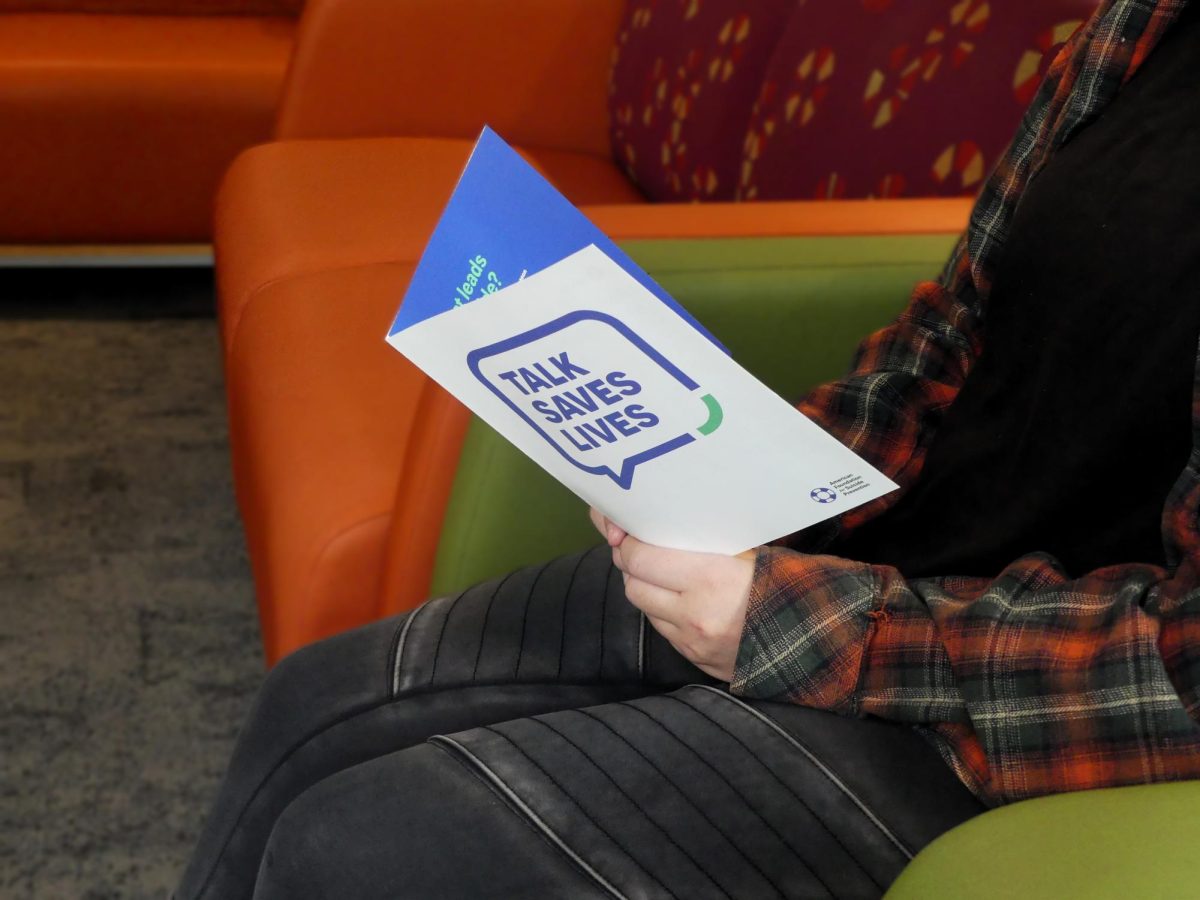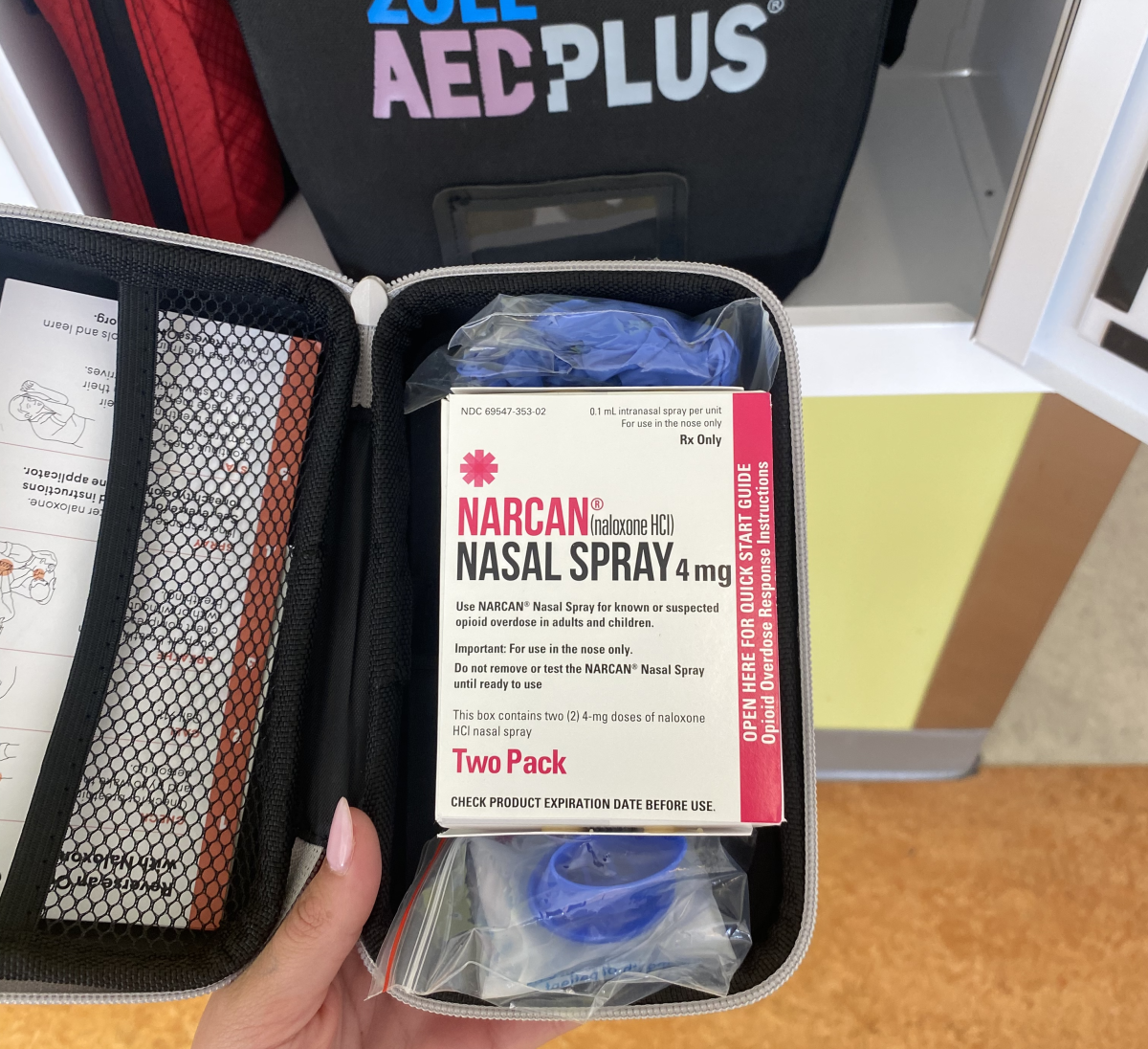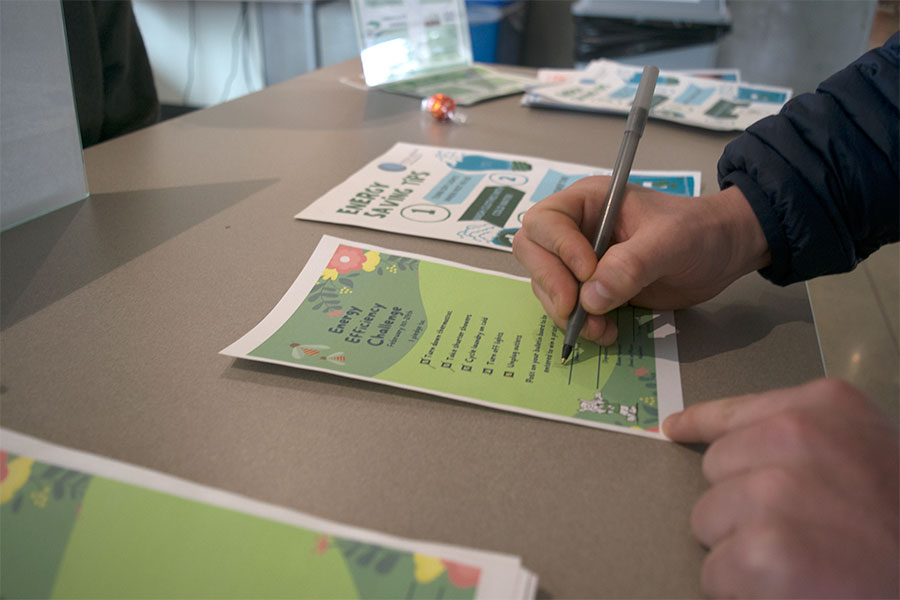McKenzie Leary/The Broadside
Unprecedented is the word that has been used time and time again to summarize this year. The coronavirus has kept a lot of people physically isolated while everyone has had to process wildfires, protests, and an election year. Now more than ever, it’s essential to check up on one’s own and others’ mental health. That’s what World Mental Health Day is for; to raise awareness about mental health issues and debunk stigmas surrounding it. World Mental Health Day was October 10th.
Adam Tannenbaum, the clinical supervisor for St. Charles Outpatient Behavioral Health, said that isolation had increased the effects of almost every mental disorder out there.
“Overall isolation and quarantine have been detrimental to people’s mental well-being” said Tannenbaum.
“And I say people’s well-being on purpose because the way that we experience these problems is multi-faceted. It’s rarely ever one thing that causes people to feel in distress. For the people who already had a predisposition or were already feeling isolated… this has made things worse for them. Absolutely.”
Tannenbaum emphasized ways to still connect with people. It might look different than what we’re used to, and we might have to get creative to stay social, but at the end day, you aren’t alone in going through this, he said.
If a student is in at least a one-credit class at COCC, they can have free personal counseling with one of COCC’s two clinicians, Alexandrea Masloski or Shaylynne Kalberg.
To set this up, students must call CAP services at 541-383-7200 and fill out an intake form. At this point, all appointments are virtual, either via phone or zoom. Personal counseling is entirely confidential, and no one has to know that they are seeking therapy to reduce their stress.
Students do not need to have a diagnosed mental health disorder or even know what’s wrong to schedule an appointment. They have to be willing to ask for help and be curious about what help might entail, Tannenbaum said.
Asking for help and acknowledging one might need help is the first step and a daunting one at that. Tannenbaum’s best piece of advice for students who are nervous about reaching out is to remember that everyone feels the same way. It is important to be in charge of setting the pace and remembering that the counselors genuinely care.
“Reaching out is typically the hardest thing to do,” Tannenbaum said. “Let your friends know that your opinion about them doesn’t change and that you’re thankful that they trusted you enough to tell you. You can also offer to be with somebody when they make that phone call for the first time.”
While World Mental Health Day has past, stopping the stigmas around this topic continues to be prevalent. To do this, Tannenbaum believes we need to stop the spread of misinformation, educate people on the reality of mental health issues and seeking help and sharing mental health topics in more conversations.
In a year with many uncertainties, the most important steps one can take are the first steps towards help.



